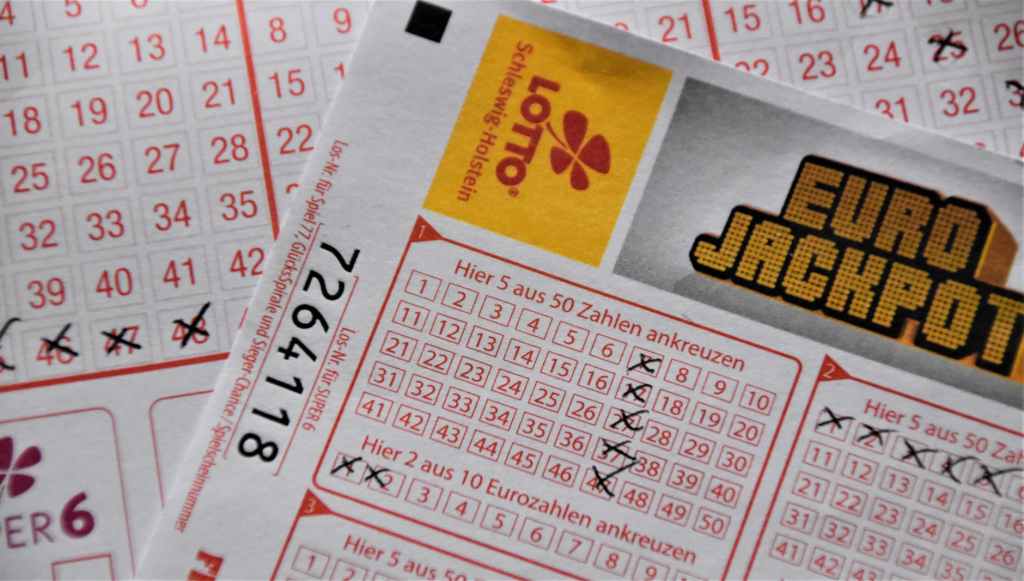After exploring the causes and effects of the heuristic of availability, we will return to the behavioural economics study we carried out, explaining how the question we set used the availability heuristic and evaluating the results.
Again, we wanted to test the heuristic of availability first-hand, and so one of the other questions in the form we sent out attempted to test this idea by asking the participants to guess which out of 4 options had the highest probability of occurring. My hypothesis for the experiment was that options that are more commonly known or talked about would be chosen instead of the actual answer in some cases. My prediction was that at least 40% would guess incorrectly due to the heuristic of availability influencing their decision. The four options were in the following format:
Which of the following do you think has the highest probability of occurring?
- Being struck by lightning
- Death by sunstroke
- Death by shark attack
- Winning the lottery

The correct answer to this question was ‘death by sunstroke’, and yet only 52% of the 48 responses guessed this correctly. The second most popular option was ‘winning the lottery’, with 23% of the respondents giving this answer. This shows the influence of the availability heuristic in making irrational decisions, as not only did almost a quarter of the respondents choose the wrong answer, they chose the option with the lowest probability by far. The lottery is widely advertised, and lottery winners take up much more of the usual news coverage than deaths due to sunstroke, if these deaths are even given any new coverage. This meant that the idea of winning the lottery was more prominent and, therefore, much more ‘available’ in these individuals’ minds, hence the irrational choice. Closely following this with a share of 21% of responses was ‘being struck by lightning’, which is very easy to visualise and again is talked of more often, although in this case not by news providers but rather on the internet.

Nonetheless, this means that it is more present within the participant’s mind and leads to them incorrectly guessing the answer. The final option, ‘death by shark attack’, received only two guesses or 4% of the responses, and so this may be due to shark attacks being overly depicted in pop culture and films, which has led to it seeming to be one of the more unlikely options – it seems almost fictional. Overall, our prediction was correct, as more than 40% of the sampling frame guessed incorrectly, therefore proving our hypothesis that the availability heuristic can influence the chosen answer when asked to guess the probabilities of different scenarios.

However, there were two drawbacks to this study. One is that all of the participants of the experiment are aged 16-17, so they may not be old enough to know the information required when making an educated guess. However, this argument is countered by the fact that they all also attend a grammar school. So the majority are smarter than not only the average school student but also the average adult, as they are both in a grammar school and in higher education, which many adults have not completed. The second drawback is that the heuristic of availability is most likely not the only factor affecting this (weakness at computation could also be in effect, which we will explore in the next section), even though it would still have a significant impact.


Leave a reply to Cognitive Biases: Weakness at Computation – Economics 101 Cancel reply